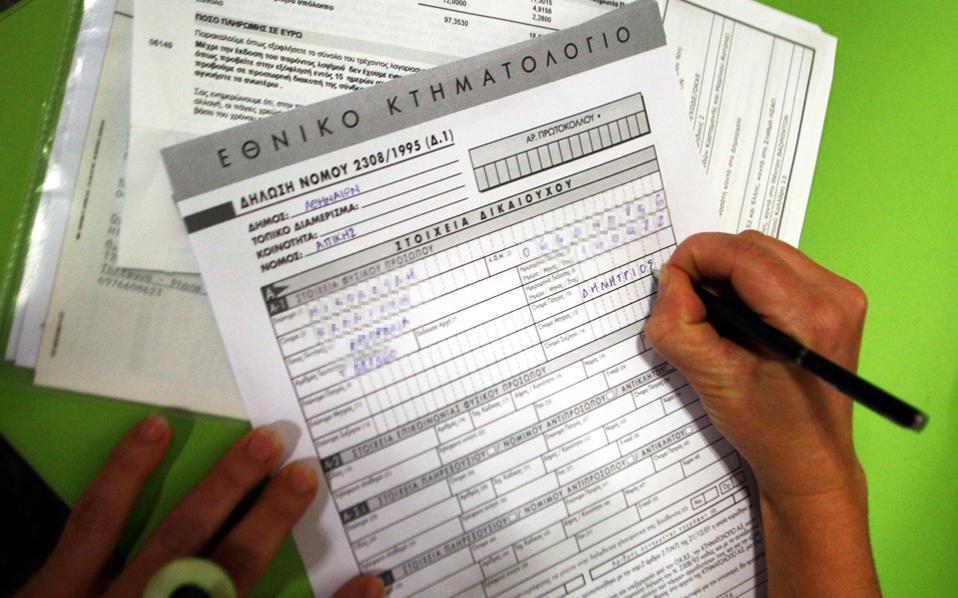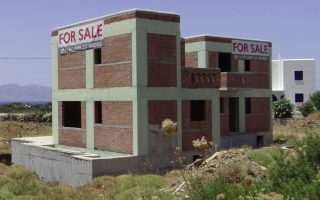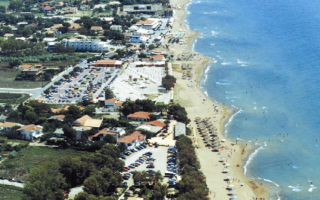Unregistered properties to be confiscated

The state is set to become the legal owner of properties in 111 areas around the country (including 20 in Athens and Thessaloniki) whose real owners have not declared their assets to the land registry offices (Ktimatologio) that are about to complete 14 years of operation, according to the head of the property owners federation (POMIDA).
In those 111 areas, including Nea Smyrni, Neo Psychico and Vrilissia in Attica, the local National Cadaster offices will complete 14 years in 2018. In the cases of properties that have not been declared or their declarations contained too many errors, they will automatically be passed on to state ownership, as they will be considered of “unknown owner,” POMIDA president Stratos Paradias told a property conference.
Among the areas in Attica where properties are at such risk are Melissia, Gerakas, Rendi, Elefsina and flood-battered Nea Peramos. Other areas include Kalamata, Argostoli and parts of Thessaloniki.
Once a local office completes 14 years of operation, owners no longer have the option of referring their case to court, and therefore lose their property. Paradias stressed that the government should urgently table an amendment that would extend the deadline to at least 20 years so as to avoid the violation of the Constitution if the state takes away assets that have not been declared.
The head of POMIDA also warned that while the legislation on this issue provides for the compensation of owners who lose their assets through the process, no such fund has been provided for by the state budget, which in practice means owners will not be compensated.
Christos Dimitriadis, the vice president of the Association of Unsalaried Registrars of Greece, stated on the issue that the finalization of the initial land registry documents and the conclusive presumption of property confiscation has quietly started to be applied, in spite of previous assurances against it.
“Our land registry system, instead of protecting property as it should, undermines it, as it accepts and will now apply ‘online usucaption’ and ‘electronic confiscation’ of private properties,” Dimitriadis noted.





